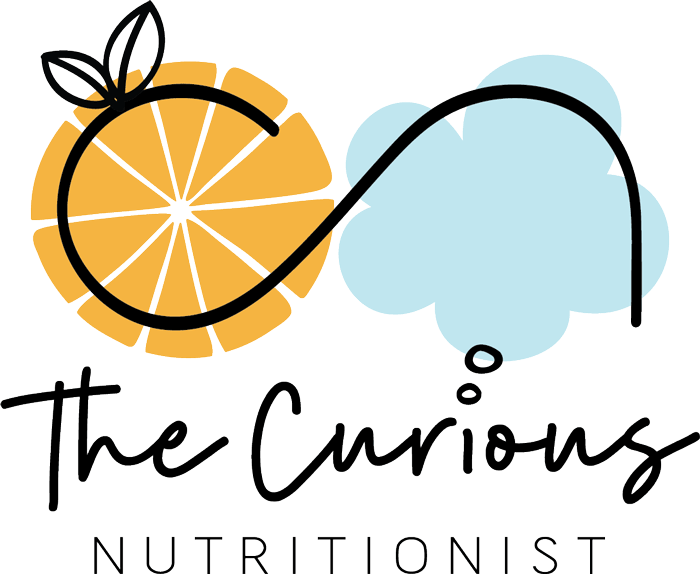Our current society places body size and shape on a very high pedestal. We are all too familiar with the catch-cries that associate lack of exercise and poor dietary habits with obesity and lifestyle related diseases. Body image is used to sell us an ideal of health and we’re bombarded with frequent messages that we need to be healthier and better at being healthy.
What is diet culture?
Diet culture is inherently fixated on morals and values associated with food choice and health. We are heavily influenced by cultural and social norms which form our attitudes and behaviour patterns. Unfortunately, we’re not immune to these messages and they’re accepted as part of our daily lives. We see, hear and partake in these ideas unwittingly on a daily basis. Our conversations with others and ourselves along with our interactions with all forms of media: social, print, television, internet feed us with values and beliefs that we aren’t enough.
What does vulnerability to diet culture look like?
If we are to protect our children from the cult of dieting then we first, as adults, need to look within to see how we’re influenced by diet culture. What behaviours are you actively engaged in that are leveraged by a body ideal or some kind of rules you believe in that governs your health? The way we show our resilience in the environment in which we live has a direct impact on building resilient minds and behaviours in our children. While in the wider world we cannot directly banish diet and body image messages, we can however better manage what we see, hear and do in our own homes. Remembering that your thoughts and feelings directly motivate behaviours so we need consider the ways in which we engage in the cult of dieting:
- Do you weigh yourself often and talk about your weight?
- Are you following a particular body image/type or people on social media or purchasing magazines that sell diets and body ideals?
- What conversations do you openly have that places judgement on your own body and the food you eat?
- Do you have calorie counting apps on your phone or do you openly discuss caloric measures of foods?
- Do you talk about exercise as having to burn off food?
- Do you copiously look at all the labels of food packaging before you buy it?
- Do you have a list of good and bad foods or restrict your food intake in some way?
- Do you have dieting products like meal replacements, shakes and supplements in your pantry?
- Do you eat differently to your children because you’re trying to control your body size?
- Do you over-emphasise the composition of food like ‘too much sugar or fat’?
Building resilience to opt out of the dieting culture
Acknowledging how you engage in diet culture is usually the first realisation for many. The opt out is a challenging and a long journey. Unlearning something relies on making prior knowledge extinct and removing the actions and behaviours by reflecting on them, being curious and allowing new learning to replace the old. Our internal dialogue is the place that expresses the external, the words we say and the actions we do. Making yourself more conscious and self-aware of the signs and symptoms of diet culture is the first part of a more compassionate relationship with your body.
What does this mean for our children?
Parents and significant others that impact on the lives of children are the ones whom children model themselves upon. Building your own resilience and self awareness will allow you to engage in behaviours and conversations that will support children to navigate the world of self belief and self image. Open conversations that celebrate what bodies can do and how they can talk to us allows children to tune into themselves in a respectful yet curious way. Our children will reap the benefits if we can all learn to perpetuate attitudes of self acceptance and build resilience to a culture that isn’t going away anytime too soon.

